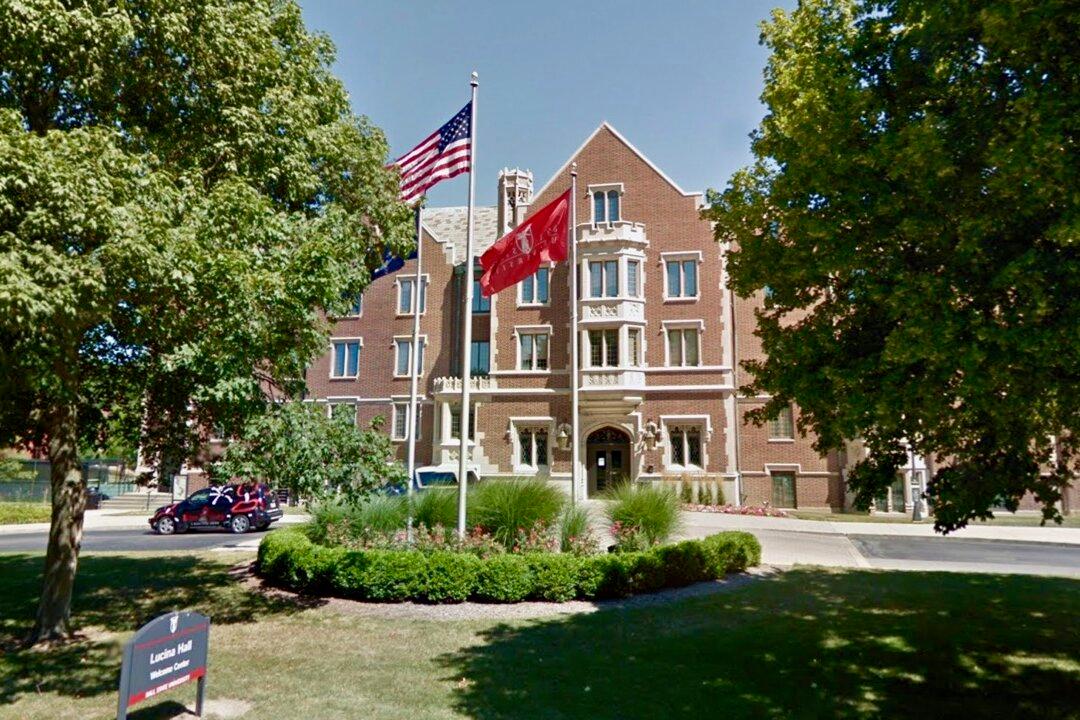Students at Ball State University won a settlement after their pro-life student group was denied funding.
Attorneys with the Alliance Defending Freedom helped the students win the settlement from their University. The students claim that their Students for Life club was denied $300 in funding for materials that offered resources to pregnant and parenting students, College Fix reported.





